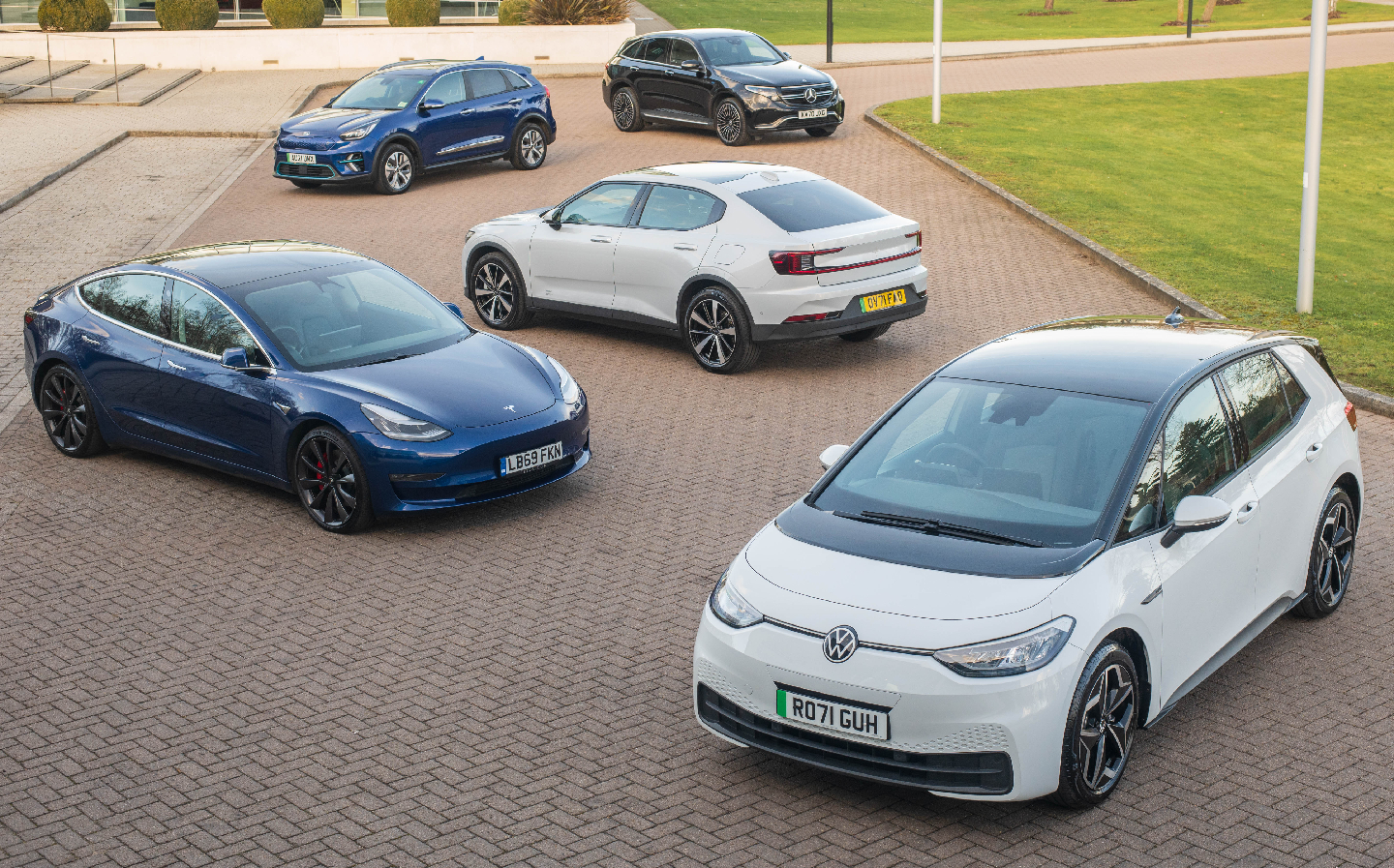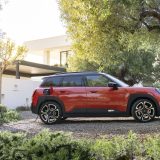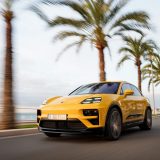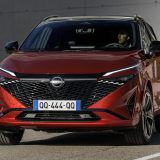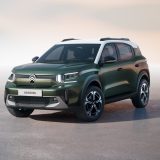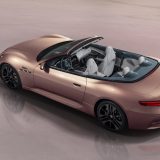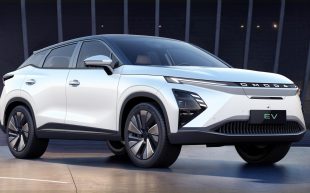One fifth of electric car lessees stick with interim car rather than wait for first choice to be delivered, says Octopus EV
Customers pleasantly surprised by stop-gap models from brands they previously wouldn’t have considered
Badge snobs may be a dying breed if data from a leading electric car leasing firm is anything to go by.
Octopus Electric Vehicles, part of the Octopus Energy Group, has found that a fifth (20%) of customers who take an interim car while they wait for their preferred model from a rival brand to be delivered choose to keep it, finding the model surpasses their preconceptions.
Car makers have found that the introduction of electric vehicles (EVs) has tempted drivers from rival brands for the first time: a practice known in the industry as “conquest”. Premium electric models are particularly successful in luring previously customers away from their usual brands, with the likes of Kia and Hyundai reporting customers shifting to them from German premium marques.
In March, North American car industry analyst HIS Markit published its 26th annual Automotive Loyalty Awards, which is based on data from 13.4 million new retail vehicle registrations in the U.S.A. The ‘Highest Conquest Percentage’ category was won by Tesla for the third year in a row, with the American EV manufacturer able to poach 22% of the eligible volume in the segments in which it competes.
At the same time, some car companies have created new, dedicated sub-brands that come with little or no recognition or cachet, which can make it a challenge to tempt car buyers away from more established marques. Examples include Polestar, which was spun off from Volvo and is part of Chinese conglomerate Geely, and Genesis, which is part of the Hyundai Motor Group.
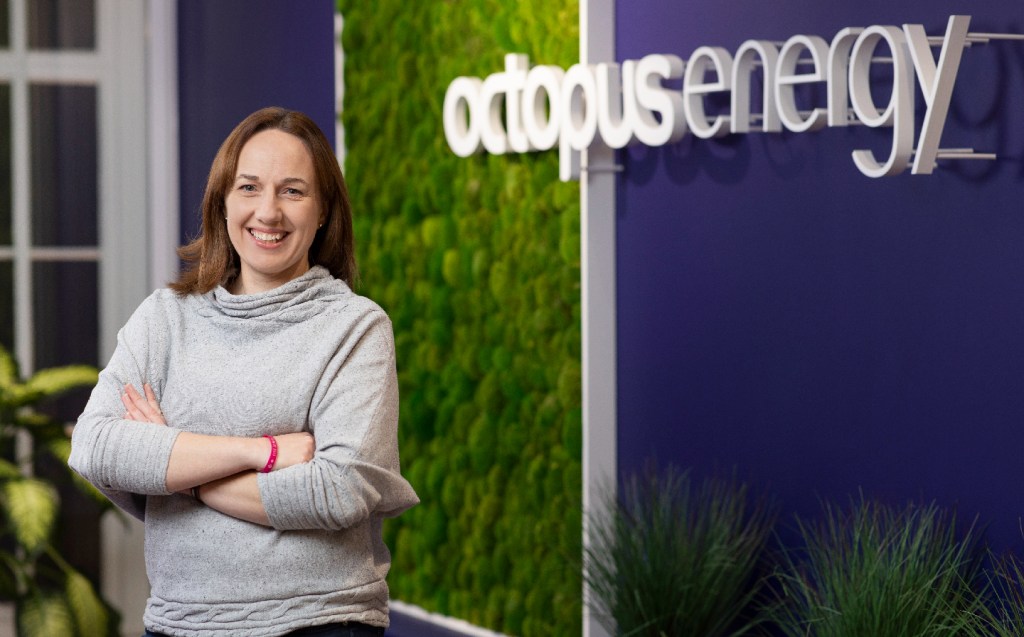
Octopus Electric Vehicles, which was established in April 2021, has found that the customers who decide to try out a brand for the first time while waiting for their preferred choice are often pleasantly surprised.
“People are less interested in the badge than they are in a typical ICE (internal combustion engine) car,” said Oliver Boots, sales and marketing director. “They are more accepting of the newer EV entrants than maybe they would have been before.”
Fiona Howarth, Octopus Electric Vehicle’s CEO, said customers who have decided to stick with their interim car did so off their own bat: “They proactively asked us for that; we didn’t prompt them. I think if we prompt them it would be even higher.”
Boots believes as many as 40% of customers with interim cars would stick with them if they were asked if they’d be happy to do so.
Waiting times for new cars have been extended by the global semiconductor shortage, meaning private buyers ordering a model today might wait anywhere from four months to two years for delivery, depending on the model and specification; Octopus EV claimed the average wait is now 43 weeks.
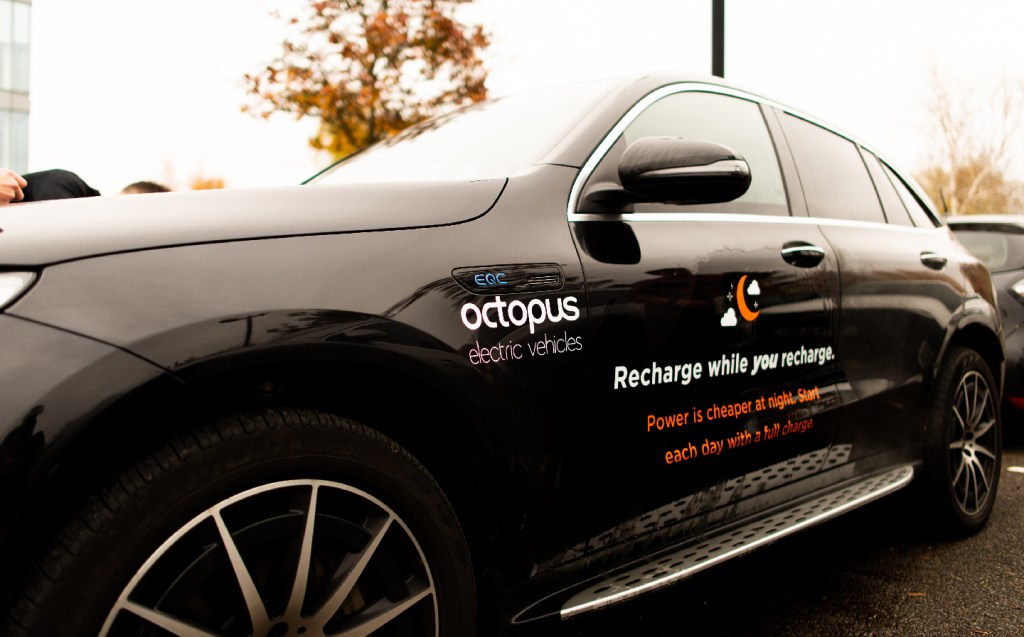
“Our customers aren’t waiting factory order lead times because we pre-order them,” said Howarth. “We have more like a four- to six-month waiting list, on average, but that includes everything from ones we can get in the next few weeks through to some that are 18 to 24 months.”
Boots said that if an order is placed on the Octopus EV website for a car that has a significant waiting time, an “EV Expert” will contact the client to suggest a number of alternatives that are due to arrive sooner.
“It might be that we say, ‘Actually, we could give you this Kia e-Niro tomorrow, or we can get you a Polestar in a month.’ And either way, that sees you through,” said Howarth.
Electric cars listed on the company’s leasing platform include the MG ZS EV, Mercedes EQA, Kia e-Niro, Audi e-tron, Cupra Born, Porsche Taycan and BMW i4, though according to Howarth the most popular models by far are the Tesla Model Y crossover and Polestar 2 saloon, which account for as many orders between them and the next 10 combined.
The Taycan has the longest wait time, of up to two years, which means these customers often choose an interim vehicle. Models offered by Octopus tend to be the Kia e-Niro, Mercedes EQA or Polestar 2, “generally because they’re the available cars”.
Boots said: “People don’t tend to go from Porsche to Kia but there was one customer who did [opt for an interim Kia] when I think it was Audi e-tron they were waiting for, and there are some people who are making a few jumps and are very happy.”
Howarth believes that the ability to manufacture cars at scale will result in the long term success of EV brands; more so than the quality of the car. She compared the situation to VHS vs Betamax.
“The winners in EV in the next few years will be the companies that have supply of cars,” she said. “With VHS vs Betamax it wasn’t about what tech was the best, it was absolutely about their ability to manufacture at scale.
“They won the race by basically dominating the market and having supply and I absolutely see that right now with EVs; those that have supply are winning customers because there is such a huge shortage.
“And when people switch brands, they create relationships and loyalties with those new brands that they’re getting into, most likely for the longer term.”
This week Octopus Electric Vehicles announced a new package for UK and U.S. customers that includes a car, an Ohme Home Pro smart wallbox charger, AA breakdown cover and the Intelligent Octopus smart energy tariff.
Intelligent Octopus tracks national energy usage and only charges the car at times that are best for reducing consumer costs and balancing the National Grid. It includes an off-peak cost of just 7.5p per kWh for six hours between 23:30-05:30.
Drivers also receive 5,000 free miles of energy on the tariff, charging at home or on Octopus’s Electric Juice Network, which offers access to 250,000 chargers across Europe, if doing so isn’t possible.
The company claimed UK drivers can save up to £3,775 on fuel bills over a three-year lease using the tariff, compared with an equivalent petrol car.
Octopus Electric Vehicles’ most popular cars for April-June 2022
- Tesla Model Y
- Polestar 2
- MG ZS EV
- Tesla Model 3
- Mercedes EQA
- KIA e-Niro
- BMW i4
- Mercedes EQB
- Audi e-tron
- Nissan LEAF
- Mercedes EQC
- CUPRA Born
Related articles
- If you were interested in Octopus EV saying a fifth of its electric car lessees keep their interim car rather than waiting for the first choice to be delivered, take a look at our guide to car leasing
- Check out our latest electric car reviews here
- And take a look at all the car makers’ electric vehicle plans here
Latest articles
- New electric-only Mini Aceman fills gap between Mini Cooper hatch and Countryman SUV
- Tesla driver arrested on homicide charges after killing motorcyclist while using Autopilot
- Porsche Macan 2024 review: Sporty compact SUV goes electric, but is it still the class leader for handling?
- F1 2024 calendar and race reports: What time the next grand prix starts and what happened in the previous rounds
- Aston Martin DBX SUV gets the interior — and touchscreen — it always deserved
- Nissan unveils bold look for updated Qashqai, still made in UK
- British firm Bedeo launches new EV conversion kit for classic Defender
- New Citroën C3 Aircross gets electric power and up to seven seats
- Maserati GranCabrio Folgore is a 751bhp droptop luxury EV


